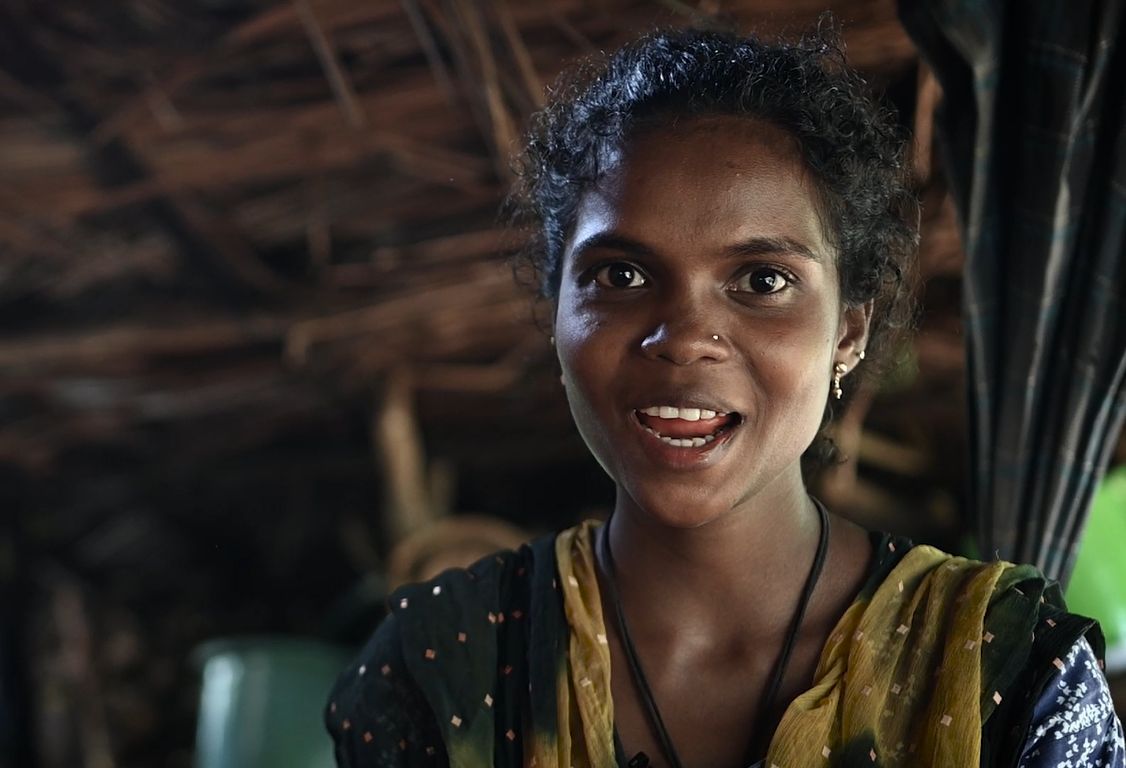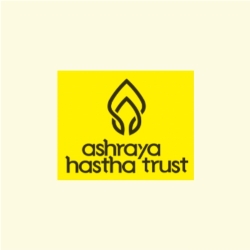
Reaching mothers-to-be
The Reproductive and Child Health Program by SVYM reaches 64,000 tribals in three districts in southern Karnataka.
Sunitha, an indigenous tribal woman lives with her husband and mother-in-law in a small settlement in a coffee estate near Virajpet. Often the everpresent buzzing sound of crickets morphs into the engine sound of the bike on which SVYM’s health facilitator comes for her health check up follow ups.
He wears a khakhi colour bag filled with medical instruments to check Sunitha’s vitals. Seeing him perform the tests, Sunitha’s mother-in-law & other community members curiously wait for his reaction, the health facilitator goes on to explain about the readings that show on the BP or the Hb apparatus. It’s often the murr murr sound of the heartbeat on a fetal doppler that lights the eyes of the family members. Little by little, this exercise is heping in earning the trust of tribal communities and reducing their apprehensions about accessing healthcare – right in their homeground. The health facilitator parts with a news that both Sunitha and her unborn baby are healthy and going strong.
Our community health teams face novel challenges ,often they are not allowed inside the private coffee estate properties. Knowing how crucial the follow ups with pregnant women are, we team up with ASHA workers to gain access and keep a track on the mother-to-be’s health. Early detection of high risk pregnancies, plotting a course of action to ensure their lives are not at risk are the topics of discussion during team meetings.
Today, we see an exact turn-around of the scenario with hospital deliveries to the tune of 97.66% in the year 2021. The direct result of which is that we recorded 0 maternal deaths for the 822 recorded deliveries in the year 2021 among tribal women.
In 1997, when SVYM started its maternal and newborn care program, the baseline survey showed that ~95% of the pregnant women from indigenous tribal communities in the region delivered at home. Not every childbirth would bring happy news, high occurrence of anemia in pregnant women and pregnancy induced hypertension led to high risk pregnancy, a leading cause for maternal-newborn mortality
Today, we see an exact turn-around of the scenario with hospital deliveries to the tune of 97.66% in the year 2021. The direct result of which is that we recorded 0 maternal deaths for the 822 recorded deliveries in the year 2021 among tribal women.
The complementing institution and community based approach taken by SVYM plays a crucial role in keeping the pregnant tribal women connected to Antenatal Care through ANC follow ups, awareness about nutrition, scanning and vital check-ups through mobile Mothercare Kits that are solar powered. Facilitating delivery at SVYM’s Vivekananda Memorial Hospital or other Govt Hospitals and Community Health Centres in the vicinity ensured 98% delivery in hospitals. Post Natal Care of the new mothers through immunisation, social entitlements and nutritional support were efforts to make sure the journey into motherhood starts strong.
The Reproductive and Child Health Program by SVYM reaches 64,000 tribals in three districts in southern Karnataka.
We thank our partner Ashraya Hastha Trust for partnering with us in building the human capital of our nation.
#svym #humancapital #healthcare #maternalcare #togetherfordevelopment #tribal #tribalhealth #internationalmotherearthday
Tags

Together for Development
Ashraya Hastha Trust and SVYM have a long standing partnership towards reducing the maternal mortality in indigenous tribal communities living in forest regions of southern Karnataka through community based and institutional health interventions that focus on specific challenges faced by these communities like sickle cell anemia, taking behavioural change communication that is contextually relevant and culturally appropriate. Our partnership is building and safeguarding the #humancapital of these communities consistently improving the health markers aligned with SDG 3 set by the United Nations.